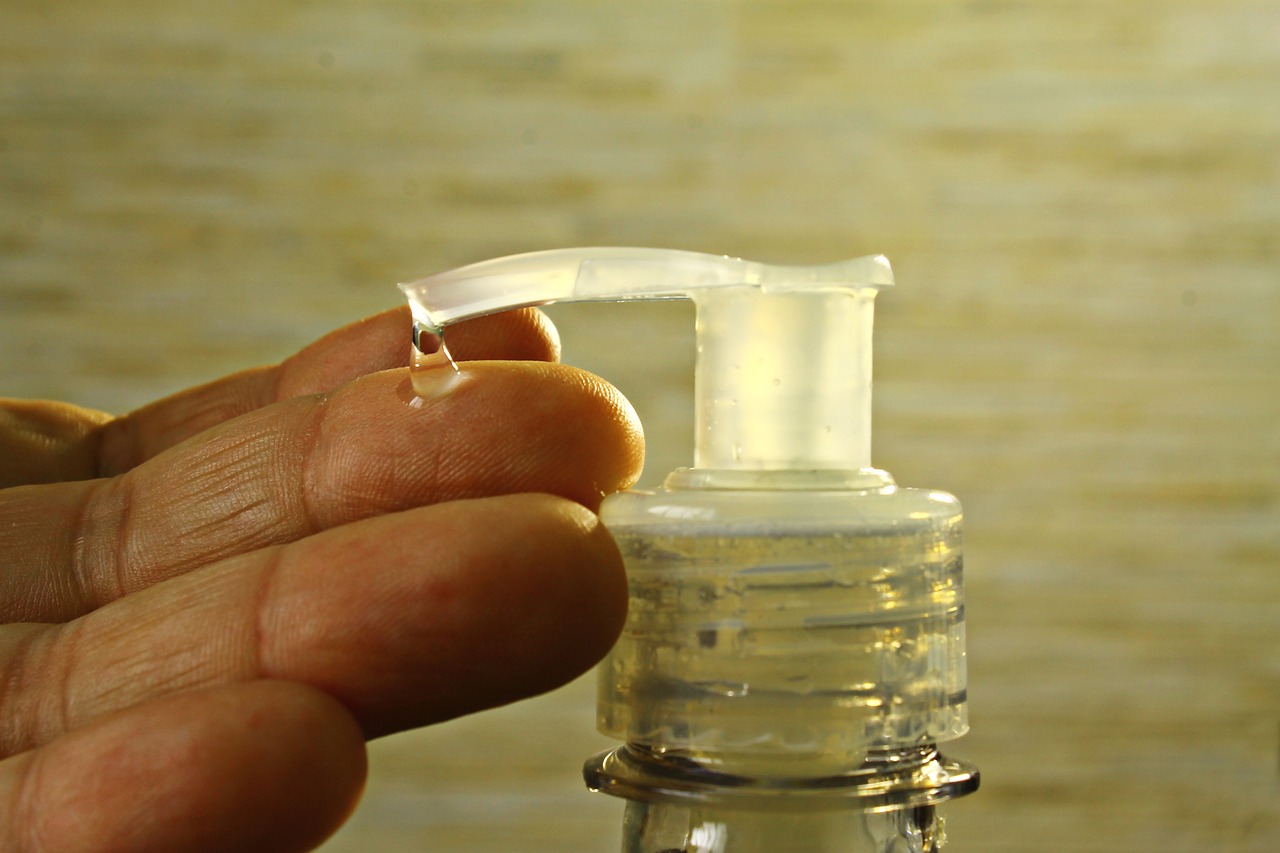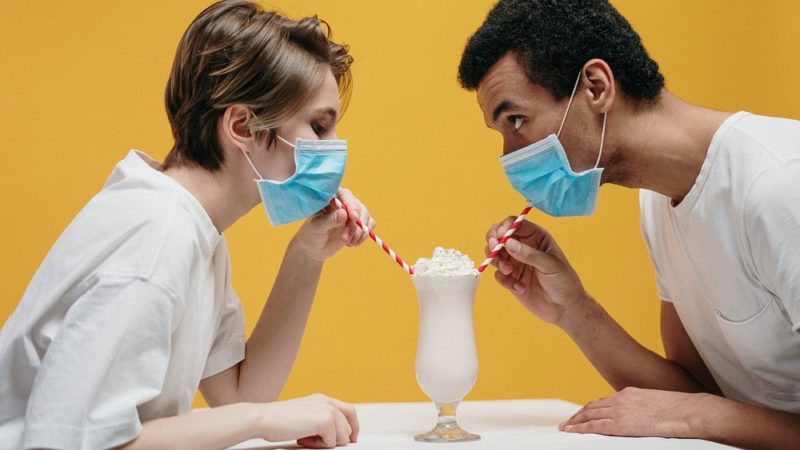How Can Hand Sanitizer Protect You From Getting Sick?

Hand Sanitizer: a convenient method of cleaning hands on the go. But did you know hand sanitizer is not as effective as washing hands with soap and water? According to centers for disease control and prevention, washing hands is better than hand sanitizer.
Learn the right way of using hand sanitizer, how to protect from getting viruses and bacteria, and when to wash hands instead of using sanitizer.
How does hand sanitizer work?
Hand sanitizers are a convenient way of cleaning hands when you do not have access to water and soap. Hand sanitizer contains isopropyl alcohol, ethyl alcohol that kills viruses and bacteria on the hands. Alcohol is used to kill germs by dissolving membranes and outer proteins of microbes.
Centers for disease control recommend that you should buy sanitizer with 60% alcohol content. If you find one with90% alcohol, is it good to kill germs and most effective.
Washing hands vs. hand sanitizer:-
Washing hands is more effective than using hand sanitizer to kill germs. Washing hands properly helps in removing certain viruses like norovirus (stomach bugs) and Cryptosporidium (causes diarrhea).
Hand sanitizers cannot penetrate grease and dirt on hands like soap. People generally wipe their hands when using sanitizer before it dries completely, which is why it does not work.
Hand sanitizer should be used when you cannot access water and soap. Try to wash your hands more often.
When to use a hand sanitizer?
Sanitizers are used to prevent the spread of viruses and diseases in hospitals. These prevent you from getting infected with bacterial and viral. Hand sanitizers are less effective in case of preventing flu bacteria and norovirus. Hand sanitizers prevent the spread of hospital-borne bacteria and other such viruses like MRSA, a superbug.
How can you protect yourself from getting sick?
Getting a flu vaccination is the best way to not catch a cold and flu. Couple it with washing hands and make your immune system stronger to be able to fight with diseases by getting good sleep, exercise, stay hydrated, and consume nutritious foods.
Wash and sanitize your hands whenever necessary-multiple times in a day. Make sure you clean your hands after you use the restroom, handle any form of waste, after touching an animal, before and after eating.
Keep the home surfaces clean and disinfect electronics, keep a distance from sick people, and avoid going to crowded places.
Avoid touching your nose, eyes, and mouth. Cover your mouth using tissues when you sneeze and cough and dispose off properly. If you feel sick, stay at home to prevent virus spread.






